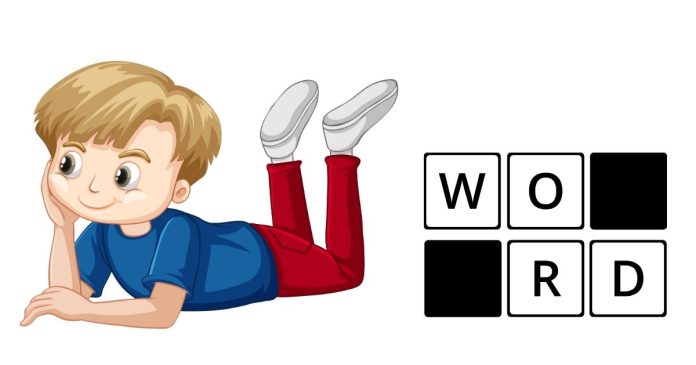If you’ve ever stumbled over whether to say “lay down” or “lie down,” you’re not alone. These two phrases are commonly confused, even though they have distinct meanings. In this post, we’ll explore the difference between “lay down” and “lie down” and provide some tips to help you use them correctly in everyday conversation.
The Basics: Understanding the Verbs
The confusion between “lay” and “lie” comes from their meanings and grammatical functions. To understand the difference, it’s important to first look at what each verb means and how they are used.
- “Lie” is an intransitive verb, meaning it doesn’t require a direct object. It refers to the act of reclining or being in a resting position.
- “Lay” is a transitive verb, which means it requires a direct object. It refers to putting something down, or placing an object in a certain position.
Lie Down: Reclining on Your Own
When you use “lie down,” you’re referring to yourself or someone else assuming a horizontal position. Since “lie” doesn’t require a direct object, it’s all about the action of reclining.
For example:
- “I’m so tired, I need to lie down.”
- “She decided to lie down for a while after her long walk.”
Here, the subject (I or she) is reclining by themselves, with no object being placed.
Lay Down: Placing Something
On the other hand, “lay down” is used when you’re placing something in a resting or horizontal position. Since “lay” is transitive, it always requires an object (something being placed).
For example:
- “Please lay down the book on the table.”
- “He laid down his keys before taking a seat.”
In these sentences, the direct object is the item being placed down, like a book or keys.
Conjugation Differences
Another way to keep track of when to use “lay” or “lie” is by looking at how they change across tenses. Both verbs have different conjugations in past, present, and future forms.
- Lie (Present) – I lie down.
- Lay (Present) – I lay the book down.
- Lay (Past) – I lay down yesterday.
- Laid (Past) – I laid the book down yesterday.
- Lain (Past Participle) – I have lain down for an hour.
- Laid (Past Participle) – I have laid the book down.
As you can see, “lie” changes to “lay” in the past tense, and “lay” changes to “laid” in the past tense.
Quick Tips to Remember the Difference
- Lie down = You are reclining. “Lie down” is all about your own body position.
- Lay down = You are placing something. “Lay down” requires an object, like a book, a bag, or a piece of clothing.
- Past Tense Forms:
- “Lie” becomes “lay” in the past tense (e.g., Yesterday, I lay down.).
- “Lay” becomes “laid” in the past tense (e.g., She laid the book down yesterday.).
Common Mistakes to Avoid
- Saying “lay down” when you mean to say “lie down” is a frequent mistake, especially in casual speech. For example, “I’m going to lay down for a nap” should be “I’m going to lie down for a nap.”
- Similarly, people might mistakenly say “I will lie the book down” when they should use “lay.” It should be: “I will lay the book down.”
Conclusion
In summary, the key to mastering “lay down” vs. “lie down” is understanding whether you’re talking about reclining yourself (lie) or placing something (lay). Keep in mind that while these two phrases are easy to mix up, a little practice will help you sound more precise in your writing and speaking. By using them correctly, you’ll enhance your communication and avoid common mistakes that trip up even seasoned English speakers.
Next time you’re deciding whether to lie down or lay down, remember: it’s all about whether you’re putting yourself or an object into a resting position!



